Riemer Roukema
Sacrifices, Laws, and Demons in Origen’s Debate with Celsus: The Political Consequences of a Spiritual Struggle
11 (2025) 1, 121-143
Content
Keywords: Origen of Alexandria; Celsus, Platonic philosopher; sacrifices; demons; natural law; written laws
1. Introduction; 2. Origen’s references to Scripture for his view on the spiritual organization of the world; 3. The Christian attitude to gentile sacrifices to gods and demons; 4. Celsus’s criticism of the Christian abstinence from sacrifices; 5. The political implications of Origen’s controversy with Celsus; 6. Conclusion
ABSTRACT
This paper investigates the roles attributed to spiritual powers like demons, gods, and angels in Origen’s debate with Celsus. Celsus held that Christians associated with demons when they ate food, drank water and wine, and breathed the air. Therefore, they should not hesitate to participate in sacrificial ceremonies to demons and gods according to the laws of the cities. Origen replied that Christians obeyed God’s law of nature which might be different from the written laws. He considered the Greek and Roman gods to be idols that were, in fact, demons that did not deserve any worship by Christians. This religious and spiritual controversy had political consequences, as Christians did not recognize the demons to whom rulers and emperors allegedly owed their positions. Provocatively, Origen expected that in due time the Roman Empire would accept God’s law and salvation through Christ and thus would be at peace with the Christians.
